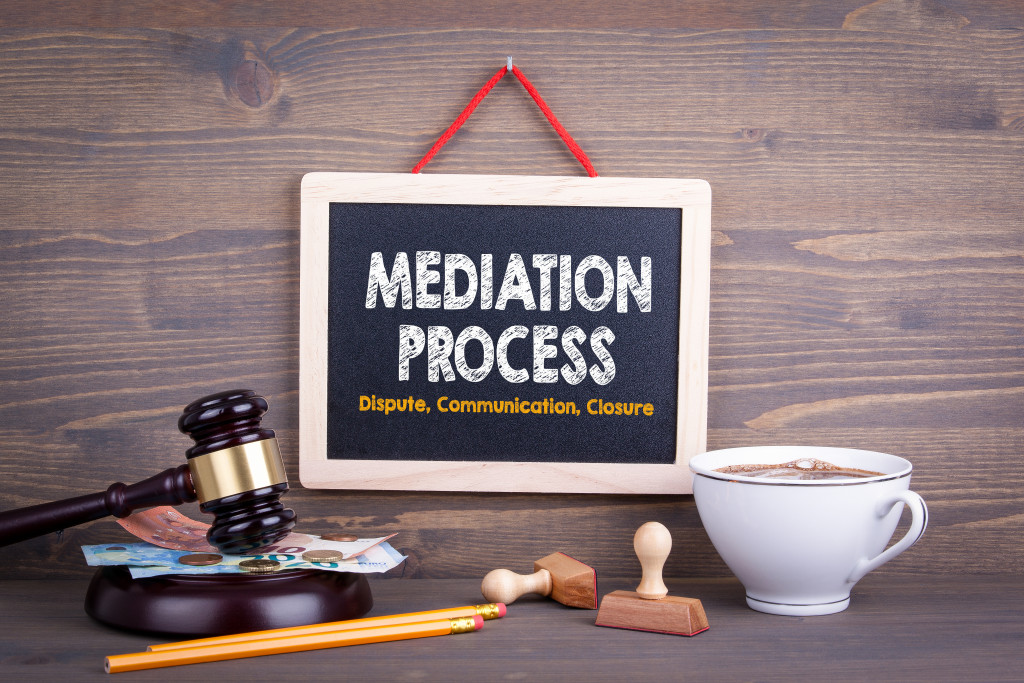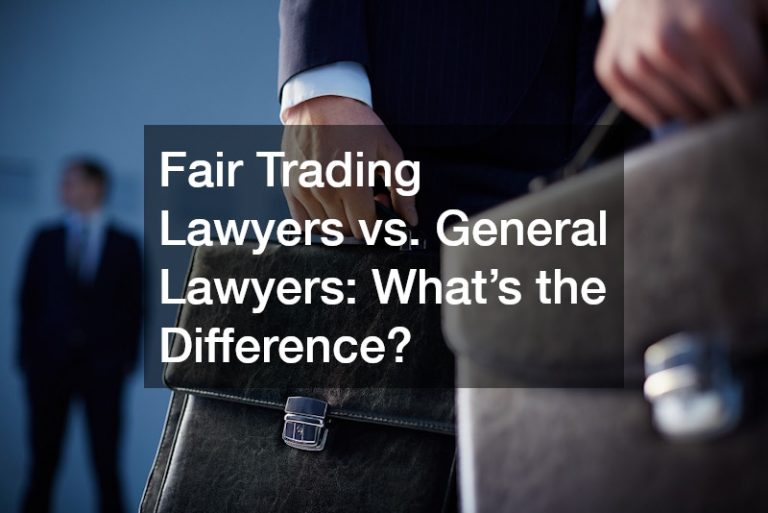Although a business’s first concern typically covers product development, service improvement, and increasing profit margins, there’s more to business management than simply turning a profit every quarter. And of the more common problems that most companies will eventually run into during their operations are disputes, with some cases quickly settled over a fair amount and others taking much longer and requiring diligent court proceedings.
However, most business owners don’t rush into every lawsuit because they usually prefer using alternative dispute resolutions first, with mediation being the most common option many choose. However, mediation is also by no means perfect, and there are instances when doing so may provide the best outcome and other times when it can cause more problems than it can potentially resolve.

Why Businesses Choose Mediation Over Litigation
On the positive end, businesses choose mediation over litigation for several reasons, often citing the legal costs of proceeding to court and the time-consuming nature of the legal process that can take years depending on the severity of the problem. As such, mediation is seen as the better intervention measure between two parties because it resolves matters in a timely matter, avoids high legal expenses, and preserves the professional relationship.
-
Resolve Matters in a Timely Manner:
Just like how businesses emphasize automation to increase efficiency, companies also want to approach legally-binding cases with care and promptness. Any resources allocated to litigation are money and time that could’ve been used elsewhere. While the company’s brand image, reputation, and rights are equally important, there are far more productive use cases left on the table. As a result, it’s never beneficial for either party if a lawsuit takes longer than expected and harms both ends. This option should always be exercised first if it can be solved with a mediator and civil discussion.
-
Avoid Unnecessary Legal Expenses:
Apart from the time invested, money matters also come into play, and seeking legal action and taking things to court can incur unnecessary legal expenses that could’ve been avoided otherwise. What’s worse, the cost also compounds according to the period in which the case lasts, and it then becomes a test of endurance to see which party folds first. As such, this method only harms both parties financially, thus reconciling disputes by talking over points of agreement is far more cost-effective in the long term.
-
Preserve Professional Relationships Between Parties:
Last but not least, when the dispute concerns two businesses in a partnership agreement, pursuing litigation can damage, strain, or destroy the professional relationship between the two parties. And considering the increasing inflation worries and stagnating global recovery, losing the benefits of working with like-minded business partners is the last thing any entrepreneur wants to worry about. In contrast, mediation provides a method for both sides to come to an agreement and reach an understanding while preserving the professional relationship between them.
But Here’s What Causes Them to Fail
When both parties can see eye to eye, mediation will always triumph over litigation because of the benefits it can provide. Still, since this factor is beyond anyone’s control, it’s also the leading reason why most mediation attempts lead to a falling out. Specifically, when either party is unwilling to cooperate and compromise or withhold key information from the other, any attempt to mediate becomes futile and wastes precious time and resources.
-
Unwillingness to Cooperate and Compromise:
Businesses pursue the alternative of mediation over litigation when there is a mutual understanding that both parties are willing to compromise and come to a decision that doesn’t disadvantage the other. However, if one side’s intentions are more adversarial and refuse to arrive at more agreeable terms, the attempt will take forever, and the costs will start to mimic, and sometimes go over, that of litigation. That being the case, mediation becomes useless and fails.
-
Risk of Withholding Key Information:
Apart from the unwillingness to cooperate, since mediation is not compulsory, there is no guarantee that one side is providing sufficient and appropriate information to the discussion. When this happens, the opposing party will immediately notice uneven participation in the agreement, and since enforceability isn’t as strict, they can decide to withdraw at any time. As a result, the mediation attempt will bear nothing but contempt, and investing in court filings and further legal action would’ve been better.
Consider the Costs and Account for the Context
Mediation as an alternative form of dispute resolution is an excellent method for those cases dealing with entities willing to cooperate and wish to preserve the professional relationship with the business. However, litigation becomes the superior choice for resolving further disputes when these factors aren’t present, and an ulterior motive is clear.







